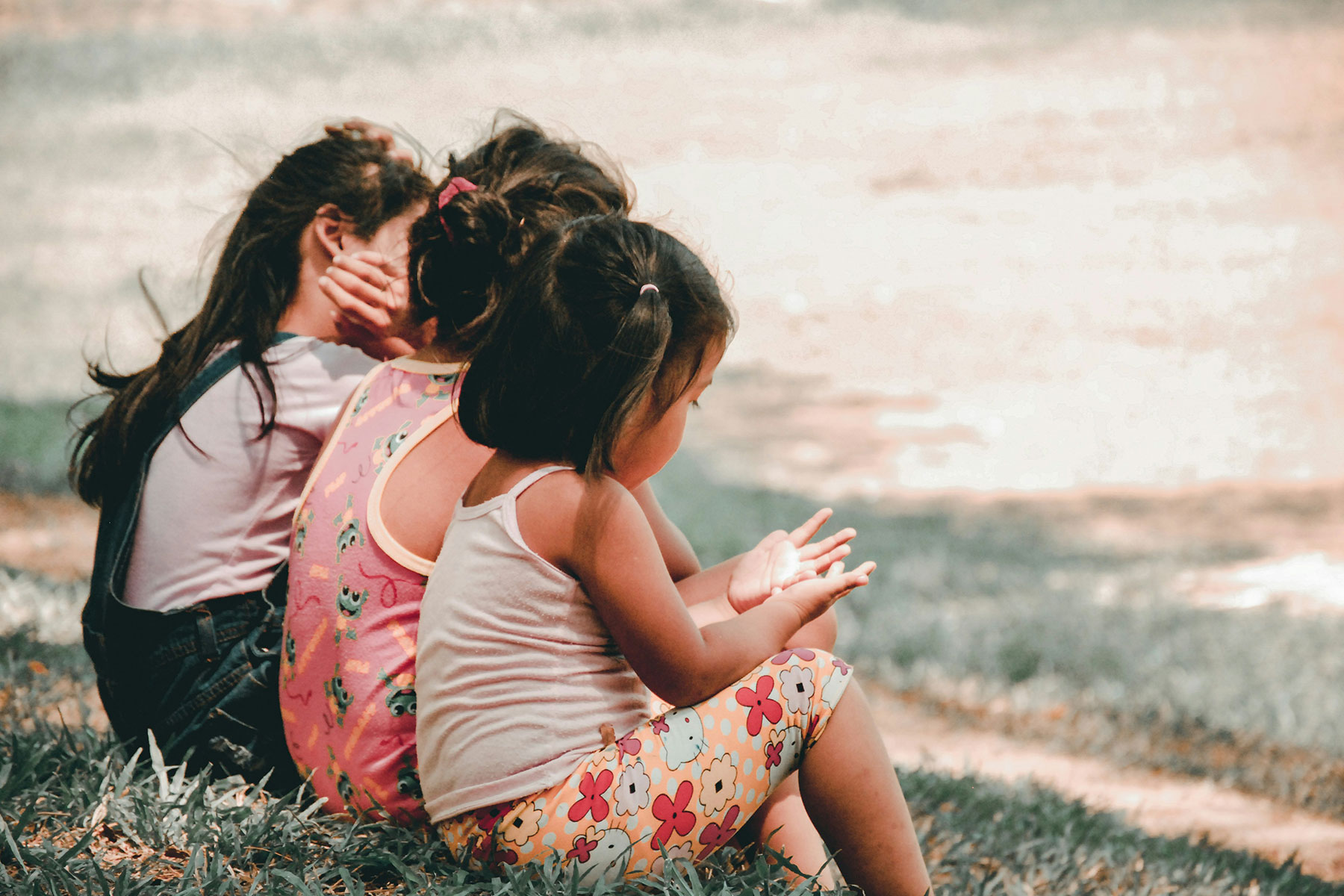
By Maureen V. Kilrain, MS, PA-C
Child neglect and abuse are perhaps the most significant community health challenge in the United States. Mental health experts in trauma continue to investigate and apply a condition known as developmental trauma disorder (DTD), which is characterized by permanent changes in the neurobiologic system of children and adolescents who have been chronically exposed to various types of maltreatment during sensitive periods of childhood development. It is believed that a specific criterion is urgently needed to improve recognition of the unique profile DTD victims encompass and to avoid misdiagnosis or confusion with other psychological syndromes, such as posttraumatic stress disorder (PTSD).
In addition, the effects of DTD continue in adulthood and tend to correlate with multiple health problems. Medical providers may consider DTD an underlying cause of several conditions, including depression, anxiety, attention-deficit disorder (ADD), borderline personality disorder (BPD), chronic pain or fatigue, various addictions, and eating disorders. During clinical assessment, identifying a history of childhood trauma may broaden therapeutic choices and improve patient outcomes.
Share This Post!
Healing Frameworks: Understanding ACEs in Indigenous Communities
The National Indian Health Board (NIHB) is committed to advocating for the health and well-being of Indigenous communities. One of our key initiatives focuses on addressing adverse childhood experiences (ACEs), which are traumatic [...]
Gratitude Not Required: A Trauma-Informed Thanksgiving for Children in Care
By Beth Tyson Children impacted by any kind of family separation, whether it be foster care, adoption, or divorce, don’t have to feel thankful during Thanksgiving or any other holiday. There, I [...]
Emotional and Psychological Trauma
By Lawrence Robinson, Melinda Smith, M.A. and Jeanne Segal, Ph.D. What is emotional and psychological trauma? Emotional and psychological trauma occurs when extraordinarily stressful events shatter your sense of security. Psychological trauma can leave you [...]
Understanding Childhood Trauma: Ways to Support Young People
By Boys & Girls Clubs of America For generations, tough childhood experiences have been swept under the rug by phrases like these. Oftentimes, the reason why is simple: many families simply did [...]
Addressing The Link Between Trauma And Addiction
By National Governors Association Many Americans have experienced traumatic events, toxic stress, and other types of adversity in childhood. However, repeated exposure to trauma and adversity in childhood predicts a variety [...]
The Health Benefits of Volunteerism
By Eric Burger It’s a simple fact that every nonprofit organization knows: volunteering makes you feel better. But did you know that the anecdotal stories about volunteering health benefits have been [...]







